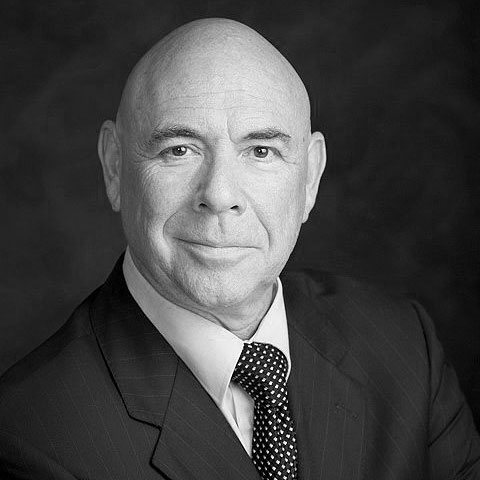Who We Are

Lothar Pelz
Founder and CEO
A seasoned consultant with decades of experience across defense, security, industry, and the public sector. I specialize in capability analysis and development, conceptual innovation, and the management of complex Command, Control, Communications, Computers, Intelligence, Surveillance, and Reconnaissance (C4ISR) programs. As a former Air Force officer with extensive experience in NATO, I bring strategic leadership and hands-on implementation to international projects. Post-retirement, I led and advised on central defense C4I initiatives in diverse regions, guiding the transformation from capability gap definition through concept development, CD&E, and architectural design, to disciplined program management during rollout. I help clients navigate the organizational and technical transformation challenges that arise with new technologies, and I also support start-ups and mid-sized companies in shaping and executing robust business strategies.

Uwe Kutzki
Director
With over 40 years of service in the German Air Force, Uwe Kutzki brings a wealth of knowledge and experience in management and leadership to the team. With his roots in the NATO Integrated Air Defense, he has a solid background in C4ISR and specializes in Defense Planning, Capability Development, including testing and evaluation. He is an expert in Joint ISR, Multi Domain and Joint Strategy Concept Development. Throughout his career, he served in Germany and NATO positions from the tactical to the strategic level.